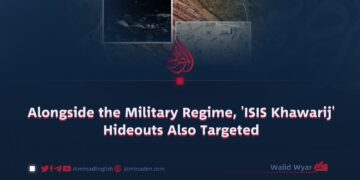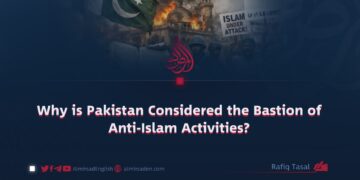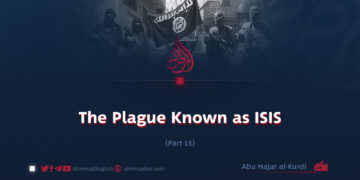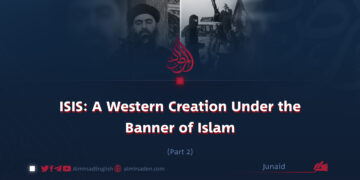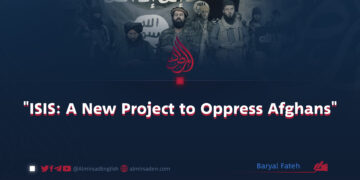Part 14
Written by: Ehsan Arab
Facilitating the Occupation of Islamic Nations
In the list of countries where Daeshi Khawarij have established their malevolent presence and laid the groundwork for assaults by foes of Islam, we can identify Afghanistan, Mali, Niger, Chad, and Burkina Faso.
In these nations, subsequent to the appearance of Daeshi Khawarij, infidel nations initiated military invasions purportedly to combat ISIS. Rather than alleviating the suffering caused by ISIS, their presence compounded it—descending upon the local populations like yet another calamity, deepening their hardship and despair.
In some cases, such as Afghanistan, the United States and its allies were already present before the rise of ISIS. However, as the legitimacy of their occupation weakened and their justifications lost credibility, the sudden appearance of ISIS offered a convenient rationale for extending their stay. In effect, the presence of ISIS served to secure the continued occupation of these lands under a new narrative.
Mali
Following the emergence of ISIS in northern Mali, France launched a major military operation in 2013 under the name Operation Serval. Subsequently, France’s military presence expanded purportedly under the pretense of combating ISIS and was rebranded as Operation Barkhane, extending to numerous other countries. Although France claimed its operations were aimed at combating terrorism, many observers identified this as a veiled form of neo-colonial occupation. The true objective appeared to be the exploitation of both the material and spiritual wealth of the region—an ambition made attainable through the pretext of ISIS’s presence.
Niger
In the wake of ISIS’s growing activities in the Sahel and its cross-border attacks, the United States and France established new military bases in Niger, most notably the U.S. drone base in Agadez. Though publicly justified as measures to combat terrorism, these installations primarily served geopolitical interests. While occasional operations were conducted against ISIS, the underlying agenda was not the elimination of the group, but rather the consolidation of Western military influence in the region.
Chad and Burkina Faso
Similarly, Chad and Burkina Faso experienced an increased French and Western military footprint after the rise of ISIS. Despite this expanded presence, Western forces failed to curtail ISIS’s atrocities. Instead, their influence became synonymous with further destabilization and exploitation.
As awareness of the true nature of Western intervention grew—both among newly formed governments and the general population—public distrust surged. In many of these countries, demands for the withdrawal of Western troops have become a unifying call among citizens and political leaders alike.
Exploiting ISIS to Justify Occupation
It is now widely acknowledged that ISIS has become a strategic tool for facilitating foreign occupation. Wherever the Daeshi Khawarij emerge, their Western patrons are quick to follow under the banner of counterterrorism. Yet during their presence, these powers neither succeed in eradicating ISIS nor alleviating the suffering of the people. In many instances, they inflict greater harm and oppression than the group they ostensibly came to combat.















